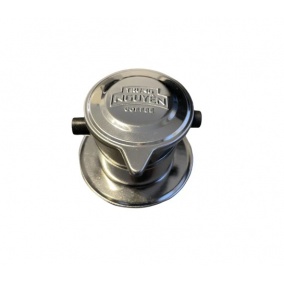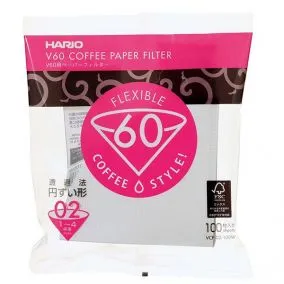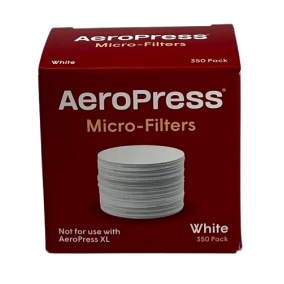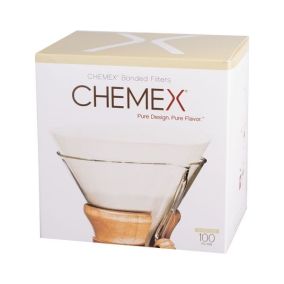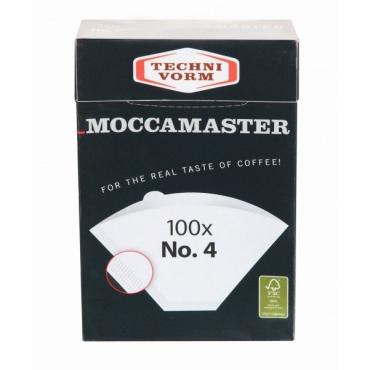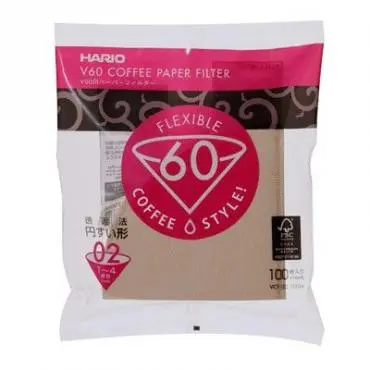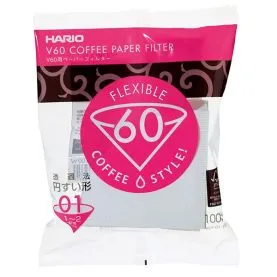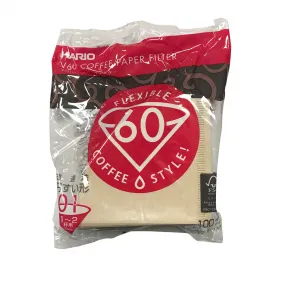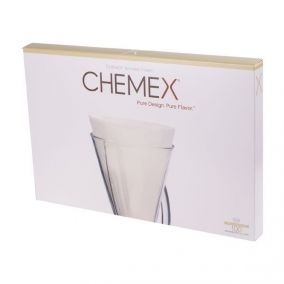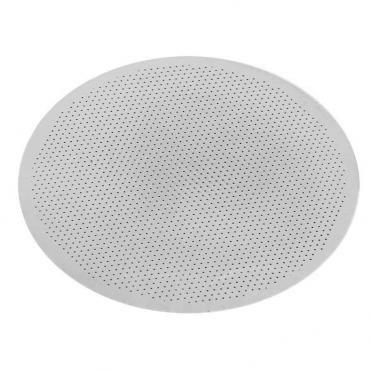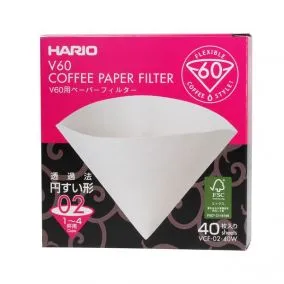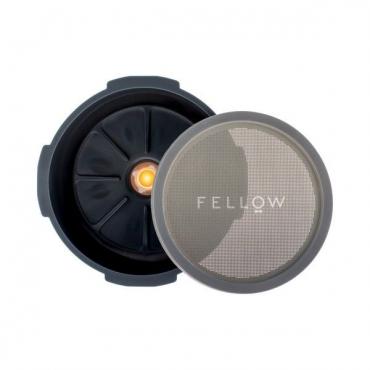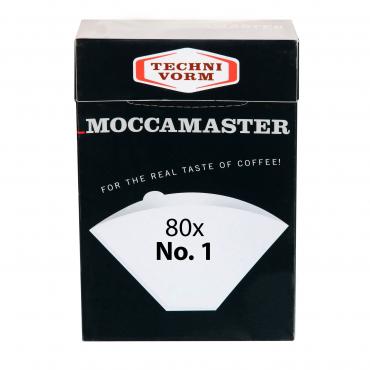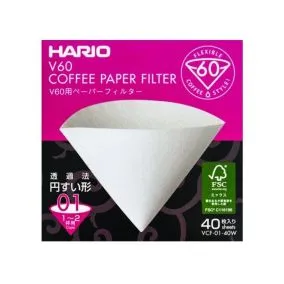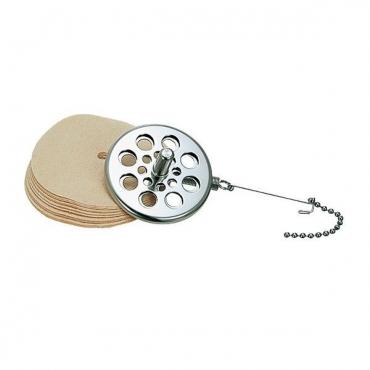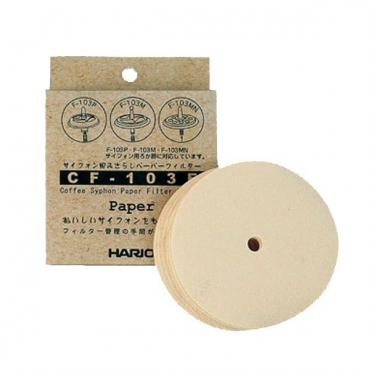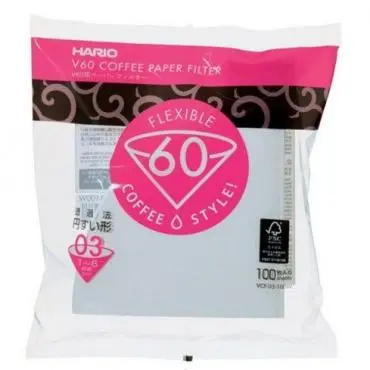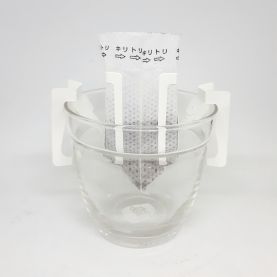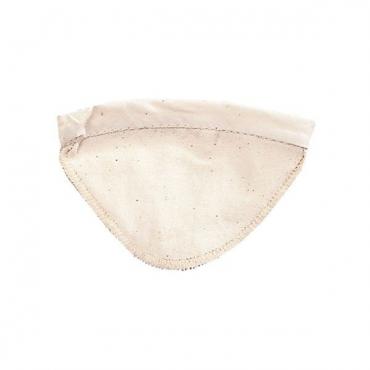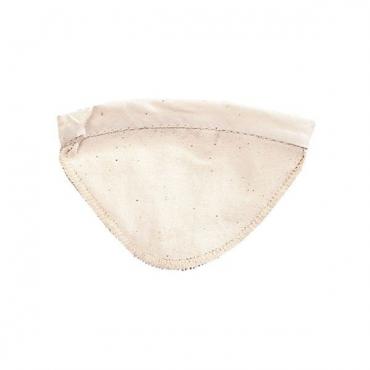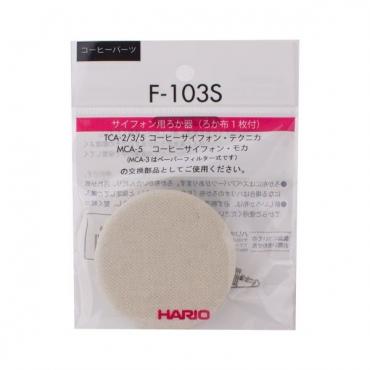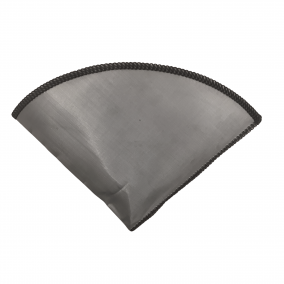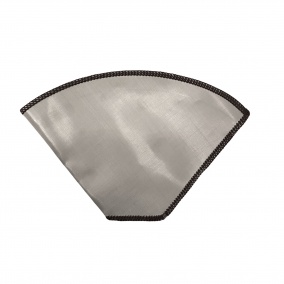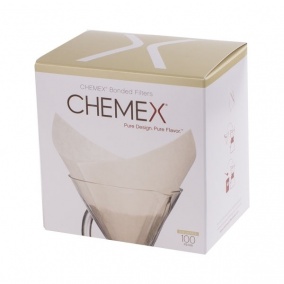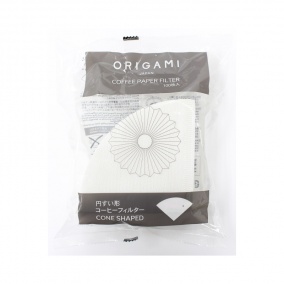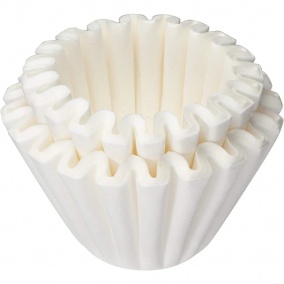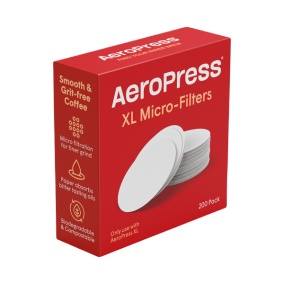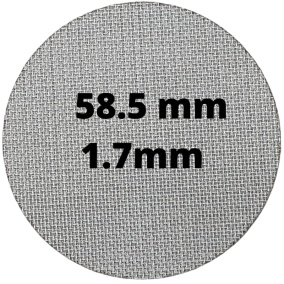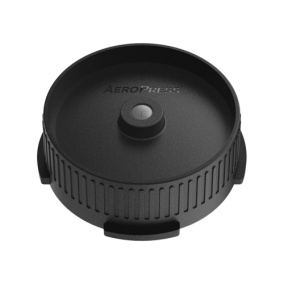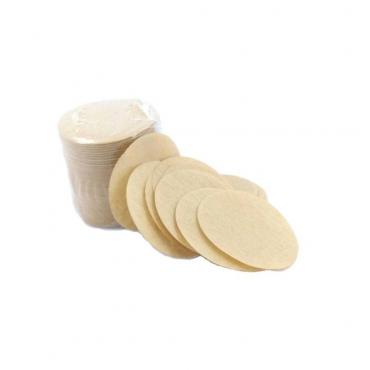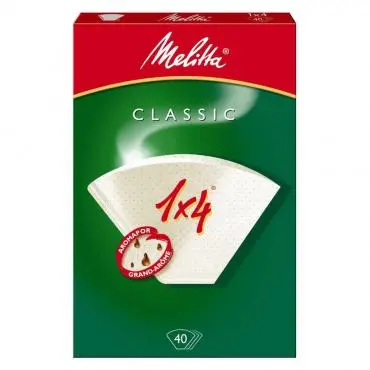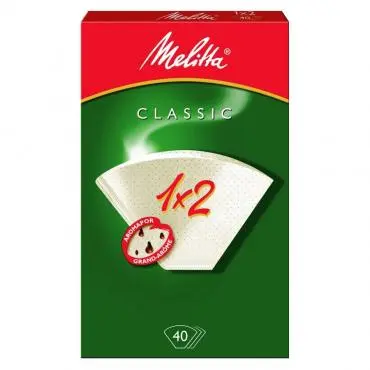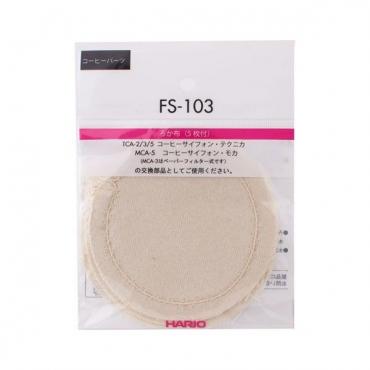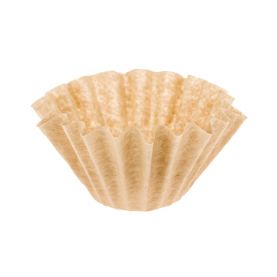Even the smallest details determine the final taste of the coffee. Fans of filtered coffee can easily convince themselves of this when trying different types of filters.
Regardless of which method of preparing filtered coffee you choose (aeropress, dripper, chemex, vacuum pot), it is a filter that can move the drink several levels higher, or on the contrary harm the coffee, although you have high-quality, freshly ground beans and the most sophisticated assistant for preparing coffee.
Coffee filters differ not only in size, but also in the material used.
In our offer you can find coffee filters:
Paper coffee filters
They are among the most used and were created by Melitta Bentz, a great coffee lover. The coffee sediment in the drink was more than a hindrance to the enterprising lady from Dresden, Germany. So she didn't hesitate to try a whole range of materials through which the coffee could be filtered. A drinker used for notebooks also caught her attention. And it was the ordinary absorbent paper borrowed from my son's briefcase that reaped the greatest success. In July 1908, Mrs. Bentz patented a paper coffee filter and five months later she founded the now legendary Melitta Bentz Company.
Bleached or unbleached?
This is a very important question today. Bleached coffee filters have gone through a bleaching process using a small amount of chlorine or oxygen. There is no need to worry about their safety, rather the question of the impact on the environment is at stake. From this point of view, filters bleached with oxygen are more ecological compared to those that used chlorine. Therefore, many manufacturers indicate the method by which their filters were bleached.
Unbleached filters can be recognized by their characteristic brownish color, they have not undergone such complex processing and are therefore more environmentally friendly. Unfortunately, they can sometimes add an unpleasant "papery" flavor to the coffee. However, you can easily deal with this if you pour hot water over the filter before use. We recommend rinsing all paper filters before use, the paper will acquire better properties and the coffee will taste better..
Cotton filters
In our menu you can find cotton Hario coffee filters designed for vaccum pot. If you were wondering about the impact on the environment while reading about paper filters, now your environmentalist soul will rejoice. Cotton filters are intended for repeated use (it is stated that you can use the filter approx. 100 times). Just rinse it with hot water and let it dry. Coffee filtered in this way contains more essential oils, which means a richer and more pronounced taste for the consumer.
Stainless steel filters
First of all, the use of these filters is highly ecological (you do not create waste), although you have to invest more in the beginning, but you will save in the long run. At the same time, in comparison to a paper filter, you should answer the question of whether you prefer a milder or fuller coffee taste. A stainless filter does not have to "catch" all the sediment, but at the same time it will retain a high proportion of coffee oils and with it a more pronounced taste.
Phin filter
Kit for preparing Vietnamese coffee using phin filter has been gaining considerable popularity in our country lately. Here too you are working with a stainless steel filter, you should observe prescribed procedure and then you can look forward to truly delicious coffee.
One thing is certain - the taste of coffee can very easily affect any material it comes into contact with. The filter is usually the imaginary last barrier that the coffee has to overcome before it gives rise to the final drink. Therefore, choose it with due care.
Why buy coffee filters to prepare filtered coffee from us?
- We can deliver a filter that is in stock already on the second day of the order!
- We have a wide range of products for preparing coffee and tea, as well as quality coffee.
- Do you need advice? Our customer support is here for you.






















































































